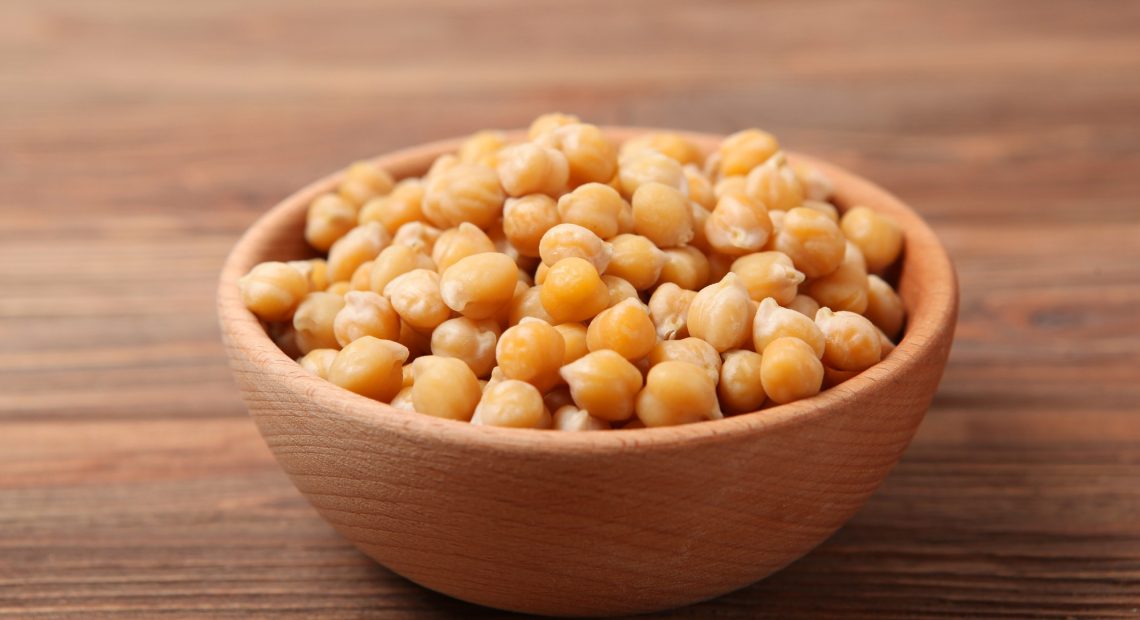
India Mulls Yellow Pea Import Ban
The Commission for Agricultural Costs and Prices (CACP) has suggested a complete ban on the import of yellow peas into India. The recommendation is part of a broader push to protect the interests of domestic pulse farmers who have been adversely impacted by the inflow of cheap yellow peas from countries such as Canada, Ukraine, and Russia.
The CACP’s report indicates that yellow peas are undercutting Indian-grown pulses like chana (gram) and matar (local peas), making it financially unsustainable for Indian farmers to continue cultivation. The commission emphasized that unchecked imports could threaten the long-term viability of India’s pulse production ecosystem.
Higher Import Duties on Other Pulses Suggested
Beyond yellow peas, the CACP has recommended a hike in import duties for other major pulses such as lentils, chickpeas, and black gram. This move is aimed at discouraging low-cost imports that distort the domestic market and push local farmers to losses.
The advisory body argues that aligning duties with the real costs of production and farmer sustainability is necessary for long-term self-sufficiency. Higher tariffs, according to the commission, would give Indian pulses a competitive edge in their home market and reduce dependency on foreign sources.
Boosting Farmer Income and Domestic Supply Chains
If the government acts on CACP’s recommendations, the result could be a substantial boost to local pulse cultivation. Better price realization for farmers could follow due to decreased market pressure from imports, especially during harvest season. However, consumer prices may see some short-term volatility as the market rebalances.
This policy direction supports the government’s stated aim of doubling farmer incomes and enhancing India’s self-reliance in agriculture. The Centre’s final decision will be closely watched by traders, farmers, and consumer groups alike, given its wide-ranging implications for pricing, supply, and agricultural policy.


















